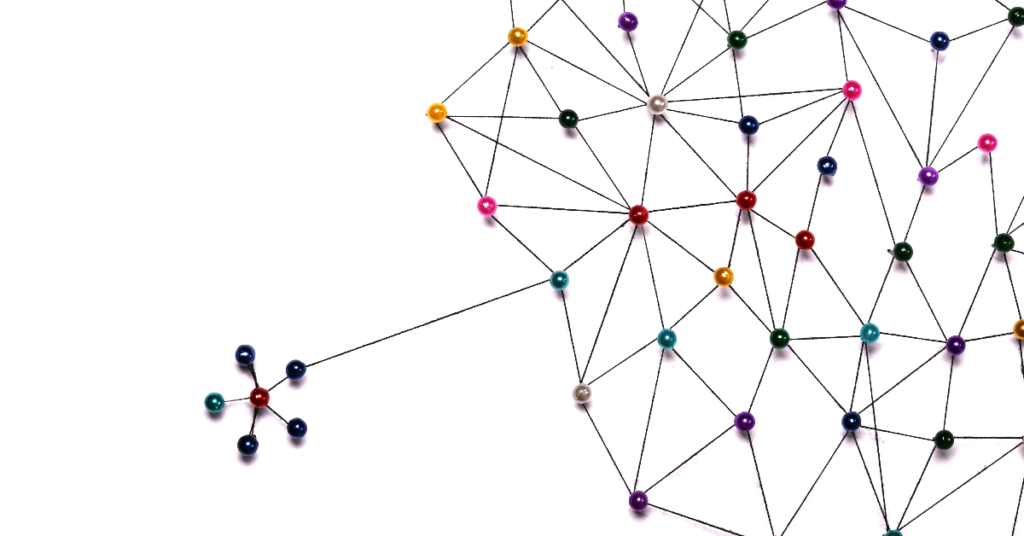
A Philosophy of Natural and Social Science
What do we mean by sciences? Well, if you go by what you’ve learned when you went to school, you might have a far narrower perspective than we have. Here at IcosaPrep, science is much more than Biology, Chemistry, Physics, etc. (the so-called “hard” sciences)—I believe Anthropology, Psychology, Sociology, etc. (the so-called “soft” sciences) are of equal importance and shouldn’t take a back seat to older, more established sciences. As a whole, I examine the world around us with a critical eye, using the systematic tools of the Scientific Method with everything regardless of the topic. I will investigate the interplay of all branches of science as well as how each science applies to the microscopic, macroscopic, and even the cosmological scales.
In the spirit of this systematic view of the sciences, below you will find a breakdown of some of the major fields I will incorporate into our lessons, with an eye for how they relate to one another. If a particular field of study you feel is important is missing, have no worries we view this list as a simply a jumping off point and when the teachable moment arrives, we will discuss and investigate that field as well. That is the nature of science!
Physical Sciences
Often thought of as the fundamental sciences, Chemistry and Physics help us describe the physical properties of things and how they interact with one another. When you ask any physicist or chemist about a topic, they will often give you exactly the same answer (with a slightly different spin of course). At the subatomic level, the most microscopic of scales, Chemistry and Physics are inextricably linked and can often be referred to as Chemical Physics or Physical Chemistry—either way, the ultimate goal is to understand how things work.
Life Sciences
When combined, many simple chemical and physical interactions can result in something extraordinary—life! The life sciences encompass the investigation of all forms of life, past and present. Biology is usually used to refer to a huge group of independent disciplines, but they all have one thing in common and that is to learn about and understand how living systems function and on a cellular level, even interact. But this does not have to be relegated to modern life forms. Paleontology and its many associated fields are concerned with life and how it developed, evolved, and survived day to day long before we were here to see it. Whichever the case, a fundamental knowledge of Chemistry and Physics is required to truly appreciate the complexity that is life.
Behavioral Sciences
Following from the study of how lifeforms function and where they came from, comes the logical question…how do they behave independent of one another and how do they interact with each other? Psychology and Sociology (among other fields) attempt to answers these questions and more. Once organisms organize into larger social groups, things tend to change. The needs of the many start to outweigh the needs of the few and this lends to interesting and sometimes explosive conflict that can be seen whenever we turn on the news or talk with our friends.
Social Sciences
Throughout history, wherever and whenever a social group emerges, there is a push to organize. This is most evidenced in each society when some type of ruling or controlling force is developed whose main purpose is to provide a stable environment for growth and to help the society persist into the future. Regardless of its type, these governments are an integral in the development of the world around us—not just in its social aspects, but also in the natural and even global environment. Political Science is a field that focuses on the investigation of different forms of government, how they work, and what they provide for the societies in which they have developed.
Cosmological Sciences
It is actually quite difficult to establish a term to encompass what we are looking at here as there really is very little that distinguishes these types of investigational studies from all the other fields of science. This is truly the cutting edge of science today—we are in a unique opportunity to start to explore this new frontier that involves understanding not only the world around us but also how we fit within the grander scale of the Universe. Fundamentally, I would consider Astronomy and Cosmology to be the foundations of this complex and all-encompassing view. But this is by no means a complete view as we don’t really know what’s out there…yet.